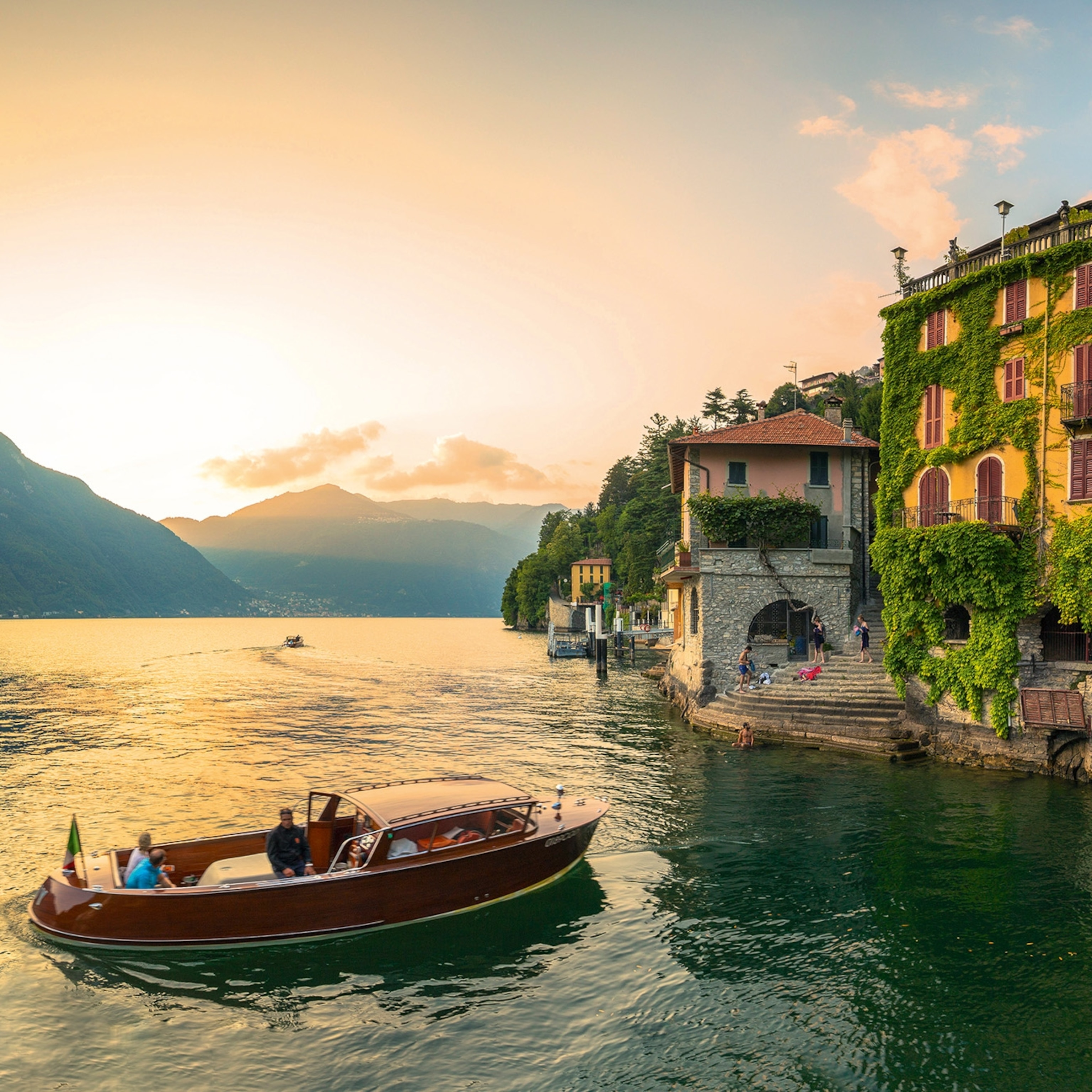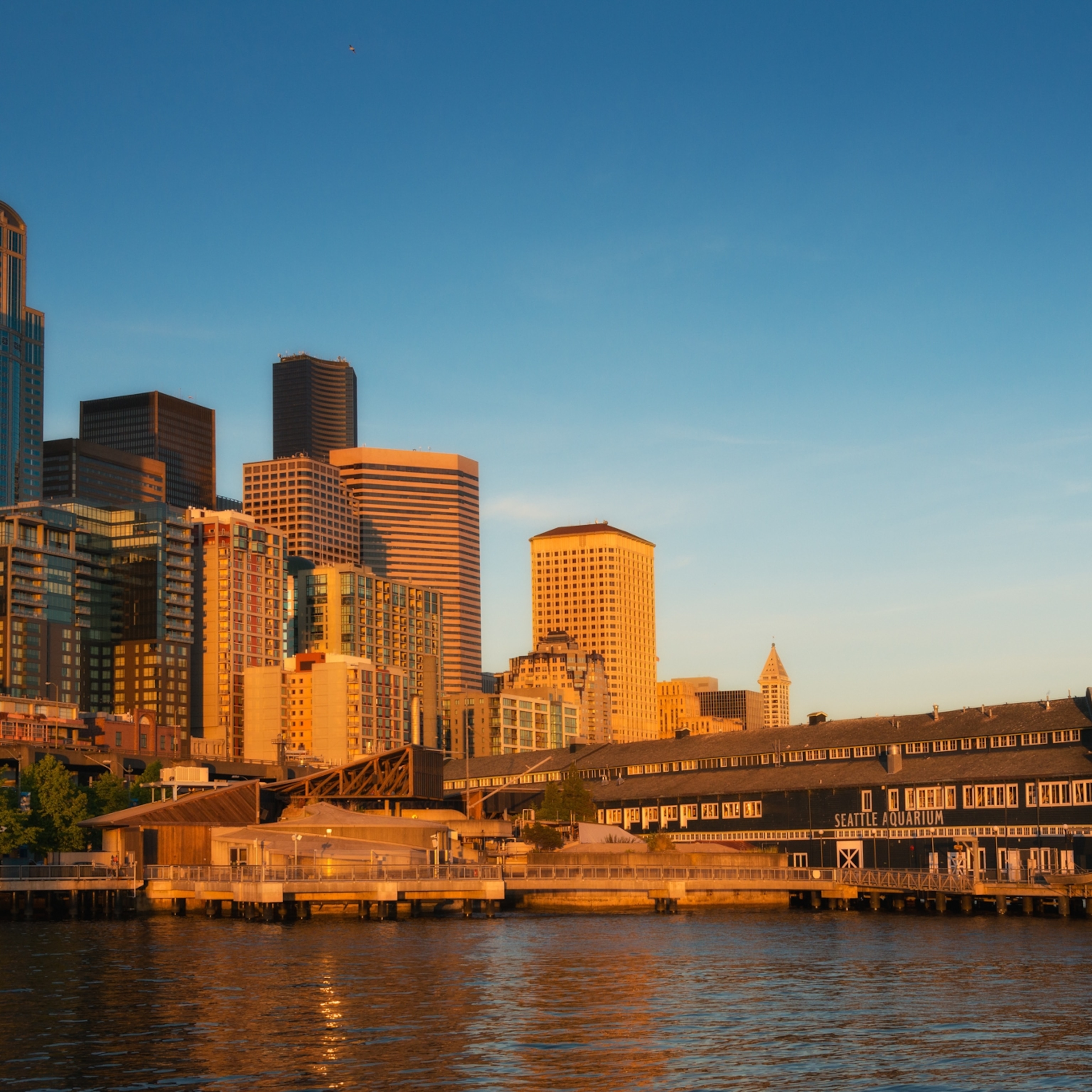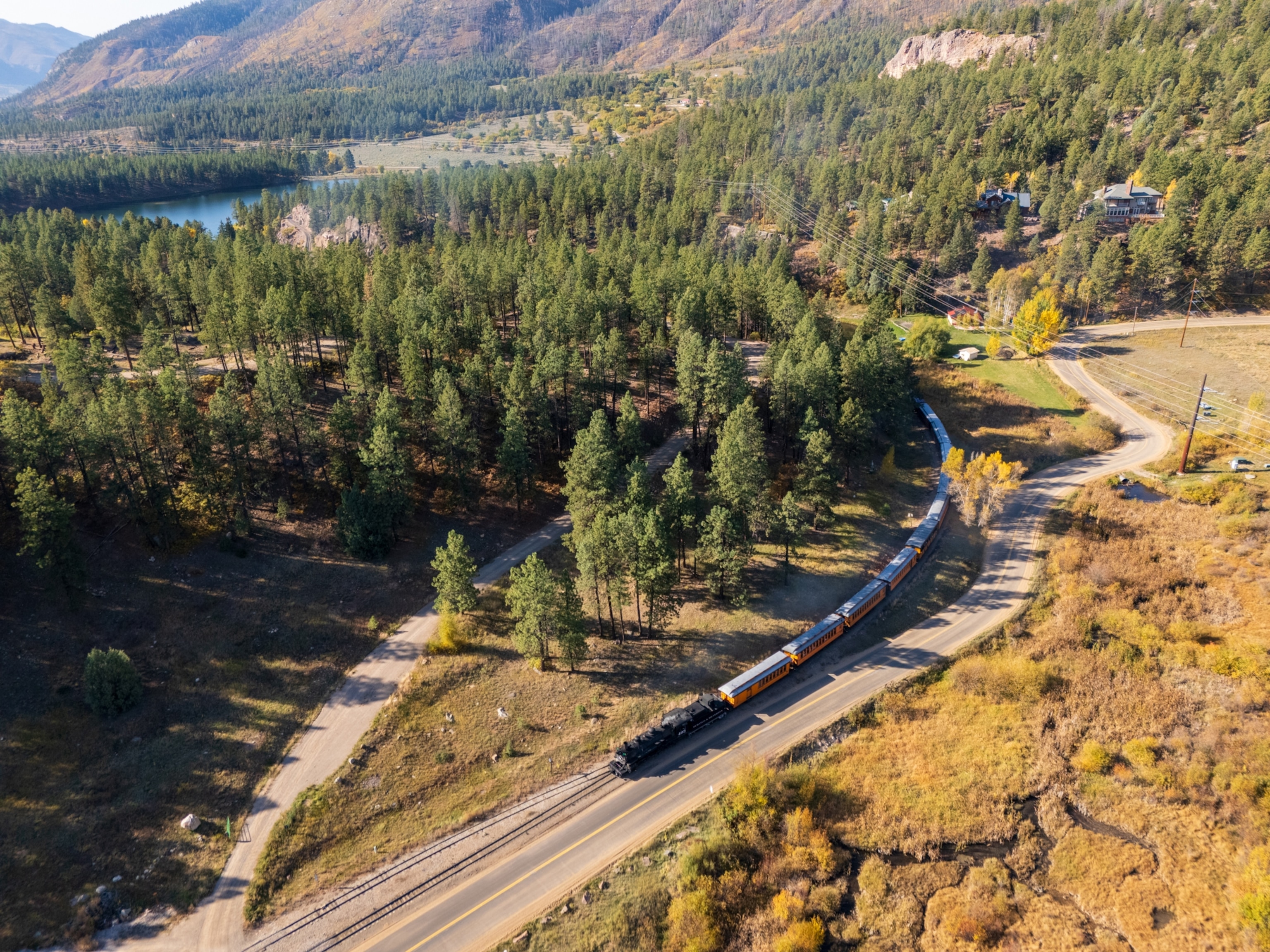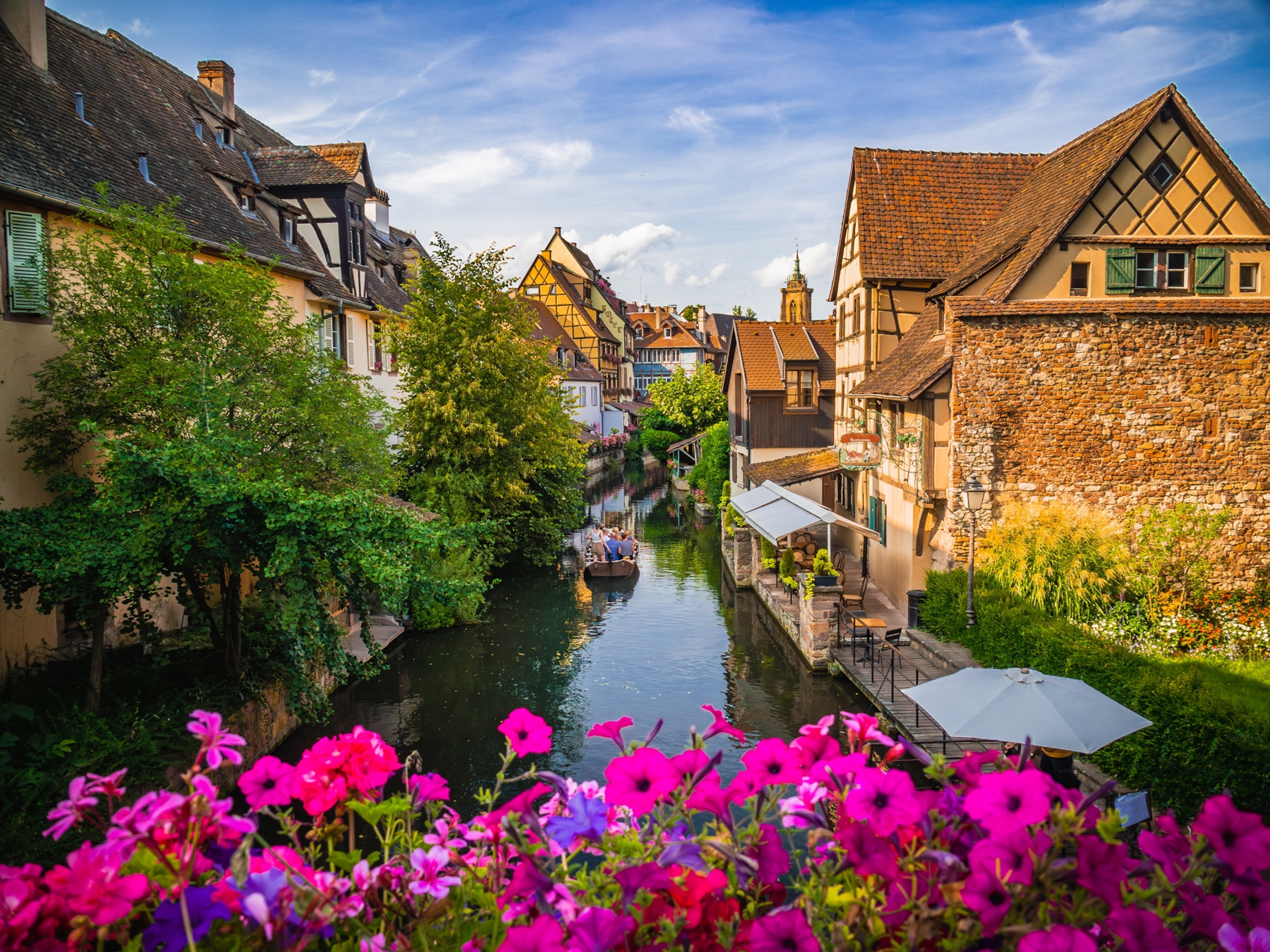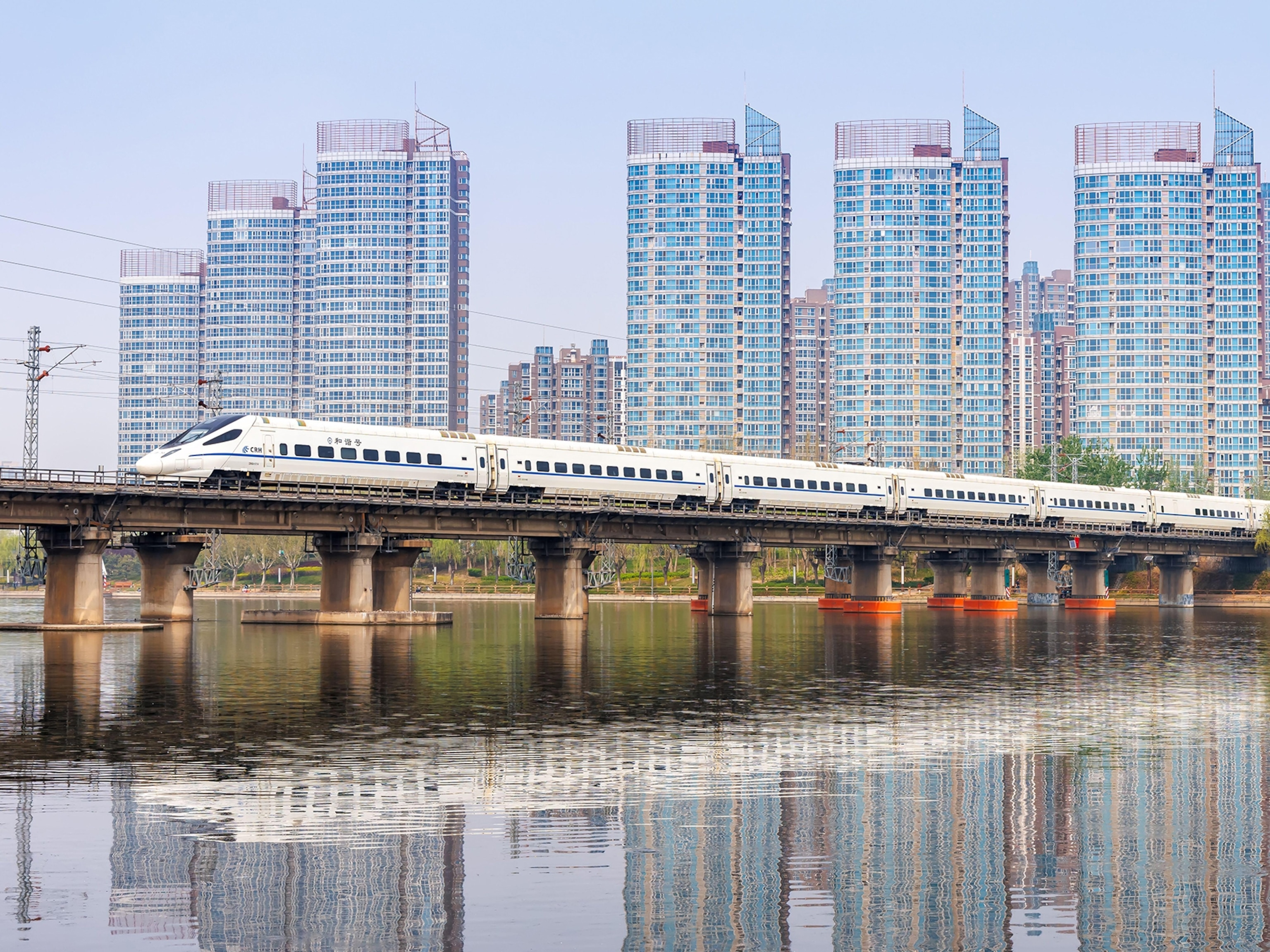
The Jazz of Travel
Real Travel
From the January/February 2012 issue of National Geographic Traveler
It’s September, Sunday, sunny. I’m alone at an outdoor café in the Pest part of Budapest. Arranged around my table are the essential elements for an afternoon’s contentment: a glass of wine, a slice of Sacher torte, a map, a railway timetable. On the street, a violinist plays one of Bartók’s Gypsy melodies. The vibrato from his violin feels as if it is penetrating my heart.
No, I’m not turning sappy; I’m savoring the perfect happiness that always overcomes me at a moment like this, when I’m fully immersed in travel.
I’m riding the rails in eastern Europe, on my way to Istanbul. I have never been there, and I can’t wait to see it. This afternoon, though, I have to figure out where I go from Budapest. I consult the map and timetable, and weigh my options: I could take an overnight train that runs east through Hungary into Romania, then south to Romania’s capital, Bucharest. Or I can take a train that runs south, through Serbia, then cuts to the east and drops me in Sofia, the capital of Bulgaria. Both routes sound wonderful; both set me up equally well for that final train leg to Istanbul.
So then, shall it be Bulgaria or Romania? I am pondering this with my map spread out in front of me like a tablecloth when the man at the next table calls over.
“Where are you going?” he asks, in New York–accented English. The accent is a surprise; he looks so European with his mustache, shaggy hair, and well-worn tweed jacket.
“I don’t know,” I answer, laughing. “Are you from around here?”
“I’m Hungarian,” he replies. “But I lived in Queens 25 years. Now I’m back in Budapest. I do business and travel around the region.”
Well then, I say, maybe you can help me out. I explain my dilemma.
“Bucharest!” He shakes his head. “You will not like Bucharest.”
I’m a little shocked by his reaction. I press him for specifics.
“You go into the wrong neighborhood, could have trouble. But you’re from New York, so maybe you’ll be fine. Tell you what, I have an office there, I will give you my secretary’s number.”
He hands me his business card.
“Take this. When you get off the train in Bucharest, have a look around. You don’t like what you see, just take the next train out. You have trouble, call my office.” Then he shakes my hand, pays his bill, and leaves.
I sit holding his card, frozen with indecision. My moment of travel bliss has just evaporated; I’m feeling pulled right and left. Thanks to this random encounter, I now have a helpful contact and a backup strategy, both useful resources when you head to an unfamiliar city. However, the Hungarian gentleman’s take on Bucharest has unsettled me.
Tonight I’ll get on a train, but which? I take a deep breath, close my eyes, and do what I always do when faced with a difficult travel choice: I listen hard to music playing inside my head and try to tap into my travel rhythm.
I was a musician long before I ever traveled, and the skills I learned as a singer, especially improvising with phrasing and melody, have served me well on my travels. This is because a truly great trip is like a terrific jazz solo. Jazz musicians weave magic by making unexpected, playful choices in real time. And on a good trip, when my travel rhythms are “cooking,” I’m improvising too.
Traveling, when you think about it, is based on a series of decisions. Most of the major ones get settled before we leave home—where to go, how long we will stay, what our budget is, and so on. That’s our structure. But once we’re actually in a place, we make a never ending series of little choices that transform our experience. At the end of the boulevard, we may turn right or left. We may speak, or not speak, to that interesting-looking stranger. We can sit down at that little café or pass it by and try the next one around the block. Trip planning is the rehearsal, travel the performance. Every small choice that we make on the road changes our travel melody, shapes it into a song that is ours, and ours alone.
- National Geographic Expeditions
This all happens in a split second. Life, like music, doesn’t pause while you plan your solo. It can be scary to improvise our own travel riffs. There always is some risk, from the trivial (ending up in a boring or unpleasant place) to the serious (getting into an unsafe situation).
Perhaps the worst risk, in the long run, is regret. Some years ago I rode down the Amazon River in Brazil on a public boat out of Manaus. We left at sunset; by nighttime all of the Brazilian passengers on the boat were dancing on the top deck, under the clear stars of a jungle sky. A girl named Patricia handed me a beer and asked, “Are you going to Parintins, too?” I had never even heard of Parintins. She told me the story of the river town, which every year attracts thousands with its massive carnival on the Amazon. There would be days of parades, dancing, and nonstop music. Patricia urged me to get off the boat with the crowd in the morning. I could stay on the floor of her sister’s place, she assured me.
I did not get much sleep that night.
Patricia’s invitation sounded wonderful, yet something inside of me hesitated. I was really enjoying the quiet flow of the boat cruise. If I got off, I mused, perhaps I wouldn’t find another riverboat as nice as this one on which to continue my journey down the Amazon. So when the boat docked at Parintins in the morning, I followed my internal travel rhythm and remained on board. I still wonder how the song would have come out if I’d played the other solo.
In the years since I passed up the carnival in Parintins, I’ve made thousands of travel choices, both big and small. Practice makes perfect—and the more you play the jazz of travel, the better you become at it. I’m still no John Coltrane, but I do feel a lot more confident when I’m improvising my travel tunes.
The musician in the café packs up his violin and departs. I pay my check and leave too. His performance is over; mine will end in Istanbul. In the meantime, I have a solo to play. I hum a few bars, head for the train station, and go.
